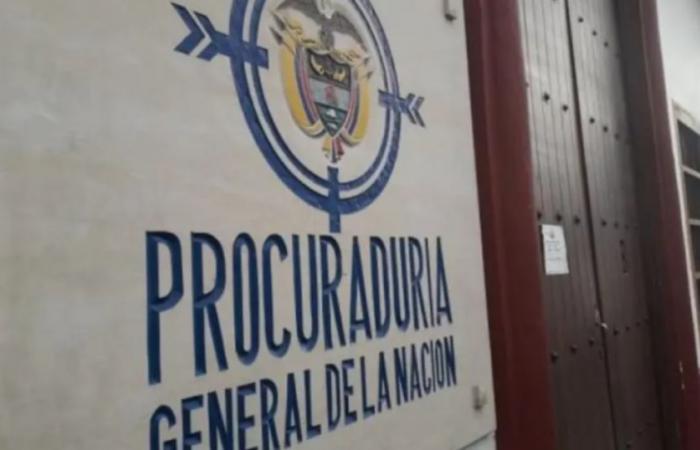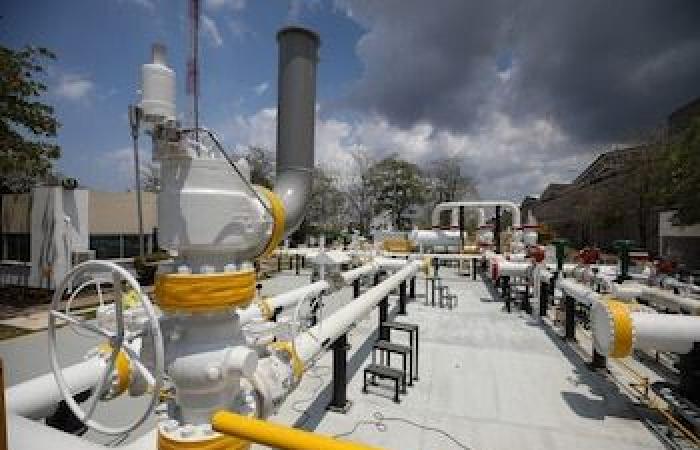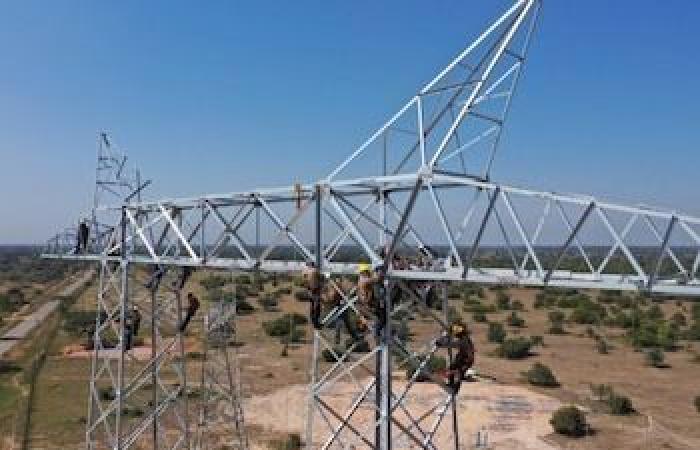Amid a growing national concern for the stability of domiciliary public services, the Attorney General’s Office launched a serious warning about the possible financial collapse of the energy sector in Colombia, warning direct consequences for millions of homes of strata 1, 2 and 3.
The Public Ministry ruled during a public hearing organized by the Court of Cundinamarca, where alarming figures were exposed on the breach of the state in the payments of subsidies aimed at guaranteeing access to energy and gas for the most vulnerable families in the country.
Now you can follow us in our WhatsApp Channel and in Facebook.
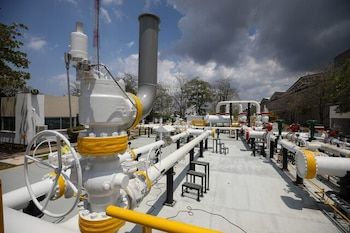
“It is essential that the availability of resources be guaranteed to cover subsidies to essential public services, acting quickly and coordination. The lack of these resources could generate a financial crisis in the sector, affecting the quality of life of the most vulnerable citizens,” said the Attorney General’s Office, demanding concrete and immediate actions to the government.
The call did not remain alone in the speech. The entity also asked the Court to require a detailed report on payments, pending amounts and the flow of resources available. The delegate for environmental, mining and agrarian affairs emphasized the need for clear and timely information to guarantee transparency in the management of these public resources.
The accumulated state debt with energy and gas marketing companies, which already exceeds $ 1.9 billion officially recognized, became a factor of enormous tension. According to figures presented by the Comptroller and the Intergremial Committee, the total deficit reached $ 2.7 billion at the end of 2024 and continues to increase during 2025.
This lag puts the continuity of the service at risk and could unleash a social storm, companies warn that, if the government’s lack of turns could be forced to cut the supply, even those who depend on these subsidies. A possible increase of up to 150% in rates is also expected, which would hit the popular sectors even more.
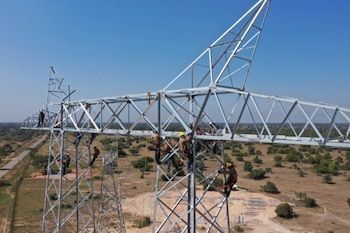
The severity of the matter was evidenced not only due to the lack of payments, but also for the lack of coordination between those responsible for solving the problem. The entities involved, mainly the Ministries of Finance and Mines and Energy, failed to establish an agile and effective mechanism to attend the emergency. Far from working together, what was seen so far is a worrying lack of clarity and a crossing of responsibilities that stopped urgent decisions.
In this context, the companies in charge of providing the services ensure that they are at the financial limit, and many warn that they could be forced to cease their operations if the State does not meet the commitments assumed. The sustainability of the system is at stake, and uncertainty grows among the operators of the sector.

What began as a delay in disbursements became a direct threat to millions of Colombians who depend on these subsidies to turn on a bulb or cook with gas. The situation, if not resolved soon, could climb to a humanitarian crisis, especially in remote areas and with high poverty indices. The consequences could also negatively impact the local economy, affecting trade, education and care in health centers that require constant electricity supply.
The country observes with growing concern while the conflict advances without real solutions. In the background, the lack of structural planning and the absence of a determined response from the Executive compromise not only the well -being of families, but the credibility of the State in the face of one of its most essential duties, guarantee decent, constant and accessible public services for all.

